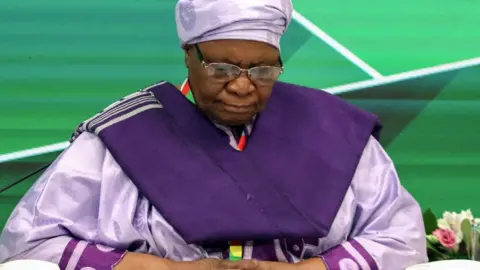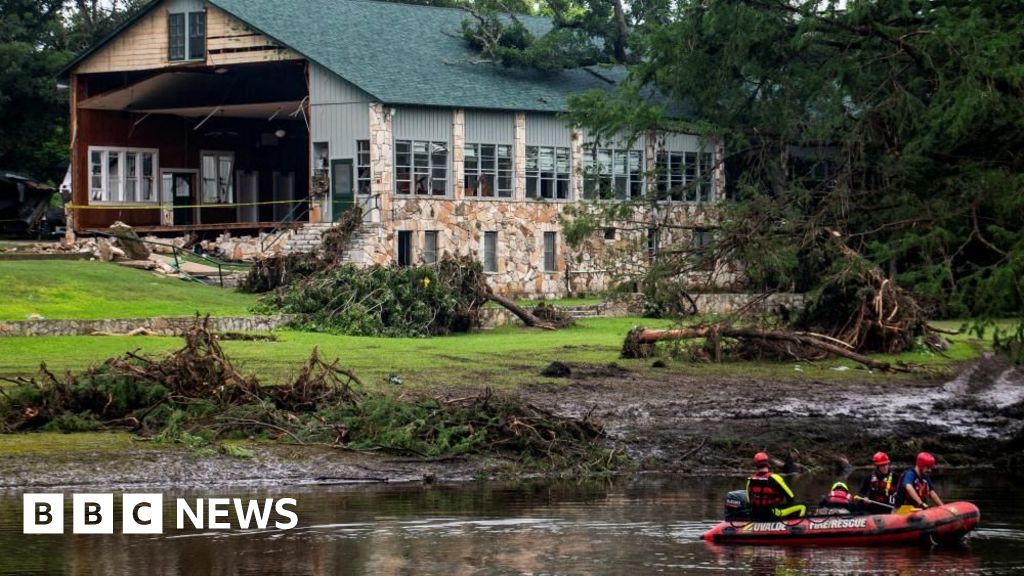Namibia has officially put a halt to all state funerals as it grapples with significant public criticism regarding their high costs. This moratorium comes after reports indicated that the government spent 30 million Namibian dollars (approximately $1.7 million) solely on transportation for the state funeral of the nation's founding president, Sam Nujoma. According to the announcement made by Information and Communication Technology Minister Emma Theofelus, only President Netumbo Nandi-Ndaitwah can provide exemptions from this ban, which is set to remain in effect until April 2026.
The decision followed a Cabinet meeting that felt considerable public dissatisfaction with the escalating expenses tied to state funerals, a sentiment echoed by the Windhoek Observer. This publication pointed out that citizens had called for such a moratorium as early as 2021, particularly highlighting the financial burdens during the COVID-19 pandemic.
This year, Prime Minister Elijah Ngurare revealed the staggering figure of 38.4 million Namibian dollars (around $2.2 million) spent on official funerals during the 2024/2025 financial year, a sharp increase compared to just 2.1 million Namibian dollars allocated for 23 funerals in the previous year.
Nujoma, who passed away at the age of 95 in February this year, was revered for his role in Namibia's liberation from South African rule, having co-founded the South West Africa People's Organisation (Swapo). His presidency from 1990 to 2005 left a significant impact on the nation, although the costs associated with his memorial have sparked intense debate among the populace regarding priorities and government spending.
After this revelation, the Namibian government plans to form a committee of no more than seven members to establish new criteria and processes for future state funerals, signaling a shift towards accountability and transparency.























